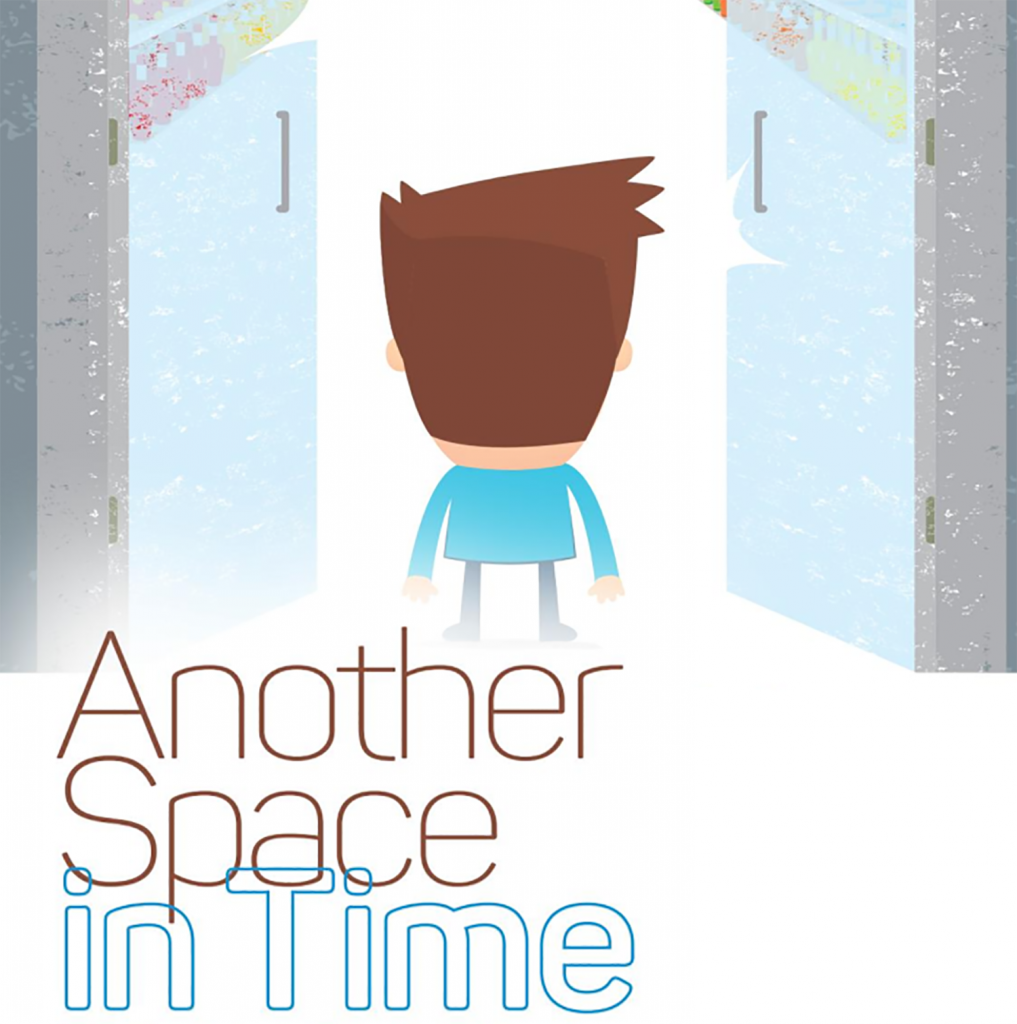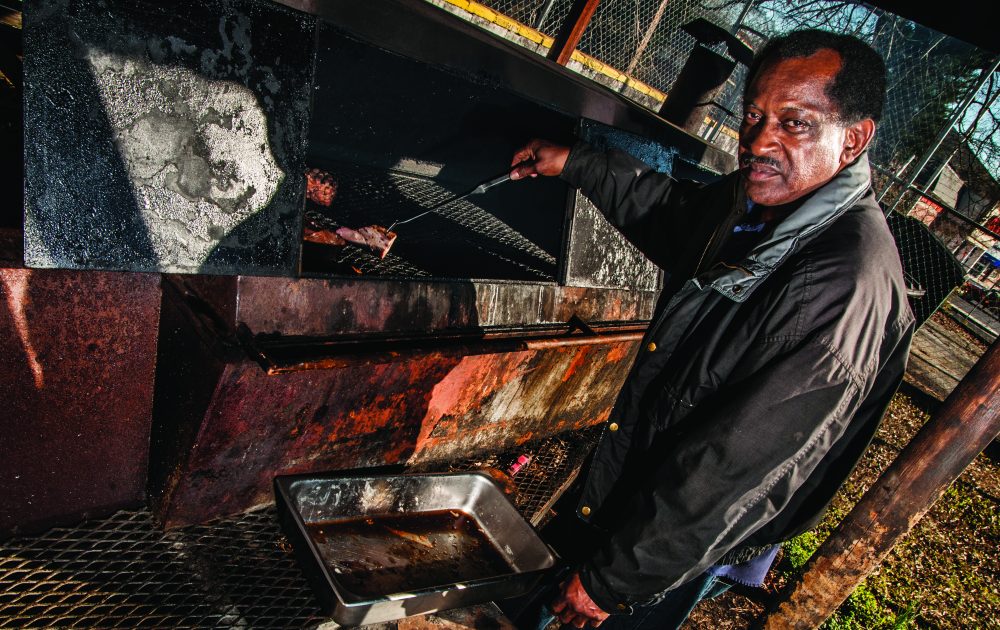
Years ago, I worked for a super-fun lady, who is still my good friend today, and she would share all these wonderful stories about her grandmother. One of my favorites, which I think of anytime I’m in a parking lot (basically everyday) is the story she told of driving her grandmother to the grocery store. Grandmother was infirm, and had a handicapped endorsement on her license tag. My friend would drive her to the store, only to find non-endorsed cars in the handicapped-marked spaces. But instead of getting frustrated and angry, my friend would drop her grandmother off at the door, park, and then go stand by the offending vehicle. And wait.
When the driver would reappear, my friend would say to him or her, “I am so sorry for your affliction. Here’s information on how to get a handicapped endorsed license plate, like my grandmother has. Unfortunately, we couldn’t park in this space today, but I’m glad you were able to.”
Yep, the perfect combination of guilt-inducing helpfulness with a satisfactory side of snarky. Maybe her comment wasn’t ideal or motivated by pure helpfulness (or maybe it was). The point is, however, that the world is a very different and difficult place for those who do not have typical skills and abilities. [I will not use the word normal – let’s face it – none of us are normal.] For those of us who can walk, drive, read, speak, hear, see, eat, etc., it’s time to be more sensitive to those who do not share that same skillset. We’ve come a long way in this regard, but I think there’s still room to improve, particularly when it comes to children.
I see this lack of sensitivity when I hang out with my 12-year old nephew. I know I’ve mentioned him before in this column, but for new readers here’s the recap: my nephew was born extremely premature—14 weeks early—and weighed just 1.5 pounds. Collin is our little miracle boy, and we love him dearly. He has some “issues”. While I won’t bore you with the official medical diagnoses, some of which I don’t entirely understand, just know that he is on the autism spectrum (more about that in a minute). He also has some eating/digestive concerns, and is fairly small for his age. He’s also charming as can be, has a quirky sense of humor and really enjoys spending time with his friends.
Once, when meeting a petite female co-worker of mine, he asked her for a kiss, which he got on the cheek, of course. When I asked him why he kissed “A” and not the other ladies, he said, “She was the cutest.”
So, herein the crux of this entire column. His world is totally different than mine. Or yours. He calls it like he sees it. Life is not full of gray area for him. He doesn’t filter his opinion through a veil of political correctness. Lots of kids are like that, but when you are special and have an “affliction”, that black and white doesn’t really change as you get older. Instead, he tries to learn the social “rules”.
For some reason, fictional character Sheldon Cooper of the hit television show “The Big Band Theory” and his offer of a hot beverage comes to mind right now.
Medical diagnoses are not always black and white. A spectrum disorder like autism may mean that some skills Collin has other children on the spectrum do not have. Collin can talk. And he likes to talk. A lot. Many children on the spectrum do not talk. My nephew knows this; he knows that some kids have the same diagnosis as him, but do things differently. That gray area can be very confusing for him.
If Collin saw a car parked in the handicapped space that wasn’t properly marked, he would not understand why someone broke the rules. And he would want to know what the punishment is for breaking the rule. Knowing my nephew, he would also memorize the color, make and model of the vehicle, and make a mental note of the tag number. And, possibly ask people on the way into the store if that was their car.
Once inside the store, however, all bets are off. Bright lights, lots of noise, the squeaking wheel on the shopping cart, the smells of produce, fried chicken, or someone’s perfume, the bright colors of the packaging, the low hum of the background music and the jarring interruption of the announcements of the loudspeaker will all contribute to a major sensory overload for Collin. And his behavior will change because things are not orderly and there are very few rules.
We can block the distractions out. We have that skill. Collin does not. And many other children do not. We no longer send kids to institutions when they do not develop the same as the majority. We don’t leave them home. They are part of our world. Seeing a child in a wheelchair or with visible physical differences immediately triggers our sense of empathy. Children with mental and social challenges are not as easy to spot. Much like the person parked in the handicapped space without the proper tag, maybe there’s something more than meets the eye.
So when you see a screaming child in the produce section of the store, take just a minute to consider if this is someone who needs a few minutes to adjust to the chaos before assuming that bad parenting is the culprit. I’m not saying that children sometime just need some discipline. In fact, many times they do! But pause, just for a second, and consider the larger space where you are standing. Count the smells, sounds, lights and colors. If your mind worked differently, would those things be overwhelming? If you didn’t have an understanding of the social rules on how to communicate that overwhelming feeling, would screaming seem like the right response?
There was a day not long ago when the world was just too much for my nephew and he put his hands over his ears. My sister asked him what was wrong. He responded, “I’m rebooting.”
Now don’t you just want to stand in the corner, scream for a moment, put your hands over your ears, and reboot?



